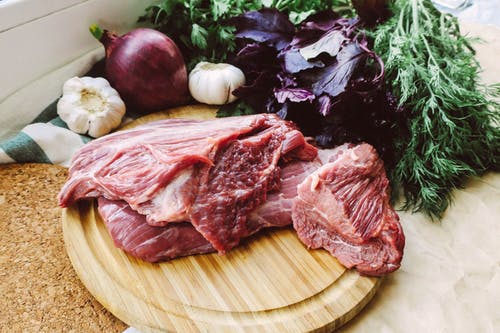Posted: Jul 14, 2021

In just five years, the cell-based meat industry has evolved from a handful of startups to around 80 startups, including companies developing end products and those working on specific technology challenges. More than $800 million has been invested in the space since its arrival in agrifood in 2016, allowing many players to transition into pilot-scale setup or even commercialization of their products.
Despite this progress, the industry still faces a major challenge in regulatory approval, according to a new report from Lux Research.
Singapore's historical approval of cell-based meat late last year spurred industry momentum, but there remains a lack of clarity on global regulations, said Harini Venkataraman, PhD, analyst at Lux Research and author of the report.
“I’d say that until 2020, cell-based meat was up in the air, maybe a fantasy and not a commercial reality,” Dr. Venkataraman said. “What happened with Singapore’s approval is that it opened the doors for other countries to really think about it and start looking at the commercial angle.”
The United States has been one of the leading countries in terms of thinking about cell-based regulation, Dr. Venkataraman said. An important development came in 2019, when the US Department of Agriculture and the Food and Drug Administration released a formal agreement to create a joint regulatory framework for cell-based meat product approval.
Under the joint regulatory framework, the USDA and FDA will co-regulate all cell-based products except for seafood, which will fall solely under the FDA’s jurisdiction.
“I think that the United States could very well be one of the next countries to grant approval, especially for seafood,” Dr. Venkataraman said. “Because it falls solely under the FDA, and because we’ve seen some developments from companies like BlueNalu in terms of getting cell-based seafood to the market, I imagine seafood regulation may be faster than beef and some of the other types of products we’re looking at.”
For products beyond seafood, the FDA will oversee cell collecting and cell culturing and will be responsible for conducting premarket consultations on production processes. The USDA’s Food Safety and Inspection Service will oversee processing, packaging and labeling of food products from the harvested cells.
By Sam Danley
07-13-2021
Source and complete article by: foodbusinessnews.net
Go-Wine's mission is to organize food and beverage information and make it universally accessible and beneficial. These are the benefits of sharing your article in Go-Wine.com


The Wine Thief Bistro & Specialty Wines is a locally owned small business in downtown Frankfort, IL offering world class wines in a relaxed, casual gathering spot for friends and family. Offering world class virtual tastings and touchless carryout.
https://www.twtwineclub.com/aboutus
Go-Wine 25 Great Wineries in US selection prioritizes quality, value and availability.
www.go-wine.com/great-wineries-in-america
Tasting wine is a nice experience, but visiting the places in which wine is made is a magic moment. Available in New York City for touchless pickup.